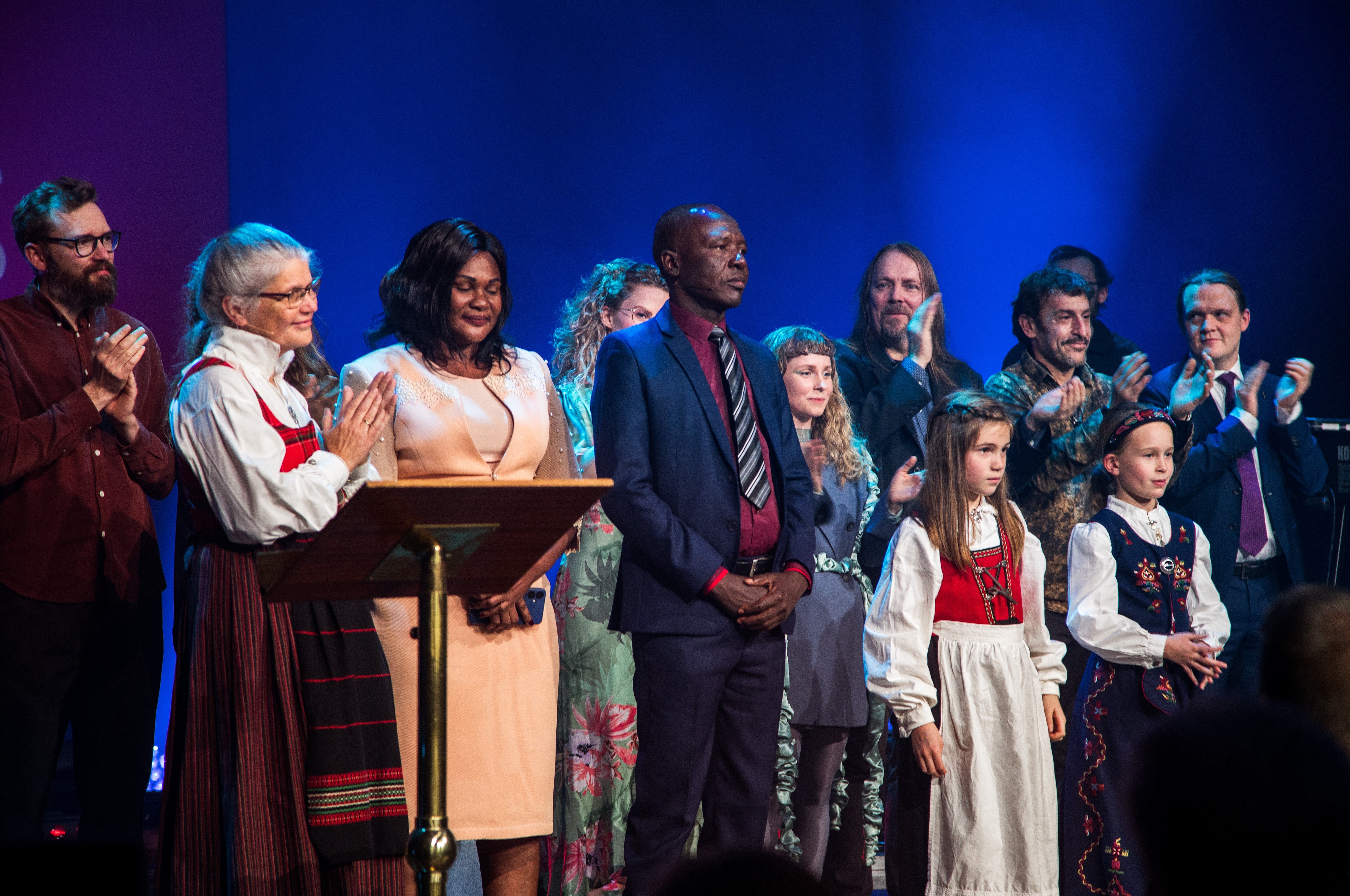
Annual Report 2022
2022 was a dramatic year for human rights and democracy. The brutal Russian invasion of Ukraine would not have been possible without several years of persecution of civil society and the free media in Russia. Similar authoritarian trends can be observed in several places throughout the world. In addition, 2022 has provided a timely reminder that defending human rights and democracy is an ongoing task that demands commitment and courage.
This gives everyone at the Rafto Foundation hope that many of the people we work with will continue their brave fight. The 2022 Rafto Prize recognised the courageous campaign of Charbonnel Nodjigoto, through Association Jeunesse pour la Paix et la Non-Violence (AJPNV), to abolish torture in Chad and help victims rebuild their lives.
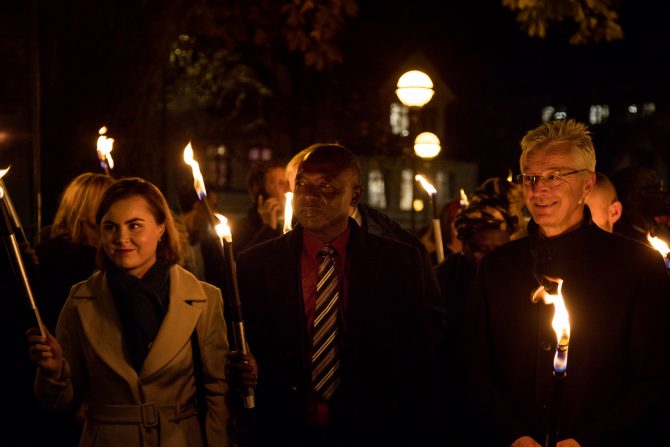
In Chad, killings, arbitrary arrests, imprisonment, torture and extortion have become more widespread, generally with impunity. The Rafto Prize shone a spotlight on the decisive role civil society plays in standing up to torture and promoting human rights and the rule of law. Some principles must be defended at all costs.
This makes it inspiring to see our Rafto Prize Laureates, under growing pressure, continuing their work to defend human rights and democracy in countries such as Egypt, Lebanon, Kashmir, Uganda and Bahrain. We have found that women human rights defenders are challenging not only authoritarian regimes but also attitudes towards women’s participation in society in general.
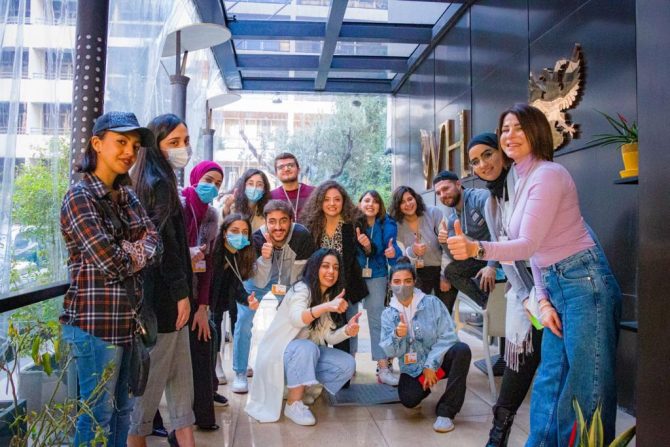
Businesses’ responsibility to respect human rights, including workers’ rights, is being enshrined in law in a growing number of countries. The Transparency Act in Norway is one example of such legislation. This development makes it increasingly important that companies, as part of their due diligence processes, are able and willing to take the perspective of human rights defenders and rights holders who may be affected by the companies’ operations.
The urgency of the green transition, to which we all have a duty to contribute, calls for special attention to safeguarding the human rights of workers, Indigenous peoples and local communities that may be adversely affected by the transition. Together with our international partners, the Rafto Foundation is helping promote human and workers’ rights in the construction and maritime industries. The joint establishment of the Ocean and Human Rights Platform with the Institute for Human Rights and Business (IHRB) – through which we collaborate with partners in countries such as Colombia, Nigeria and India – is just one initiative we are taking in this area.
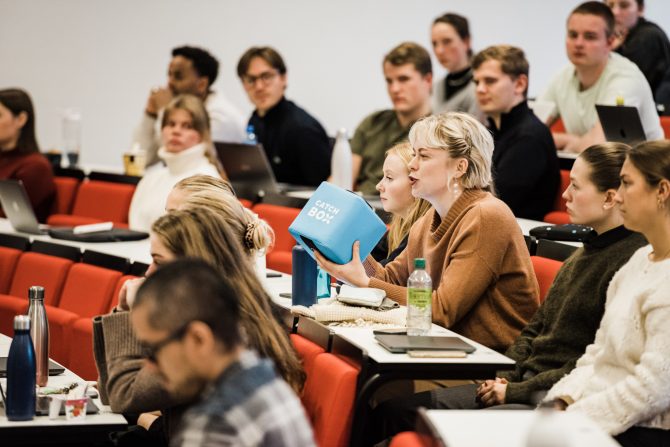
Human rights and democracy can only thrive with the support of active and critical citizens. Extremism, radicalisation, polarisation and conspiracy theories represent growing challenges in an algorithm-driven world, even in countries considered to be democracies. This is a vulnerability that authoritarian regimes have also been able to exploit.
Against this background, we are delighted that close to ten thousand students and teachers were able to participate in our education on democracy and human rights last year. We have also implemented projects designed to preserve historical narratives from the war, developed witness interviews around the acts of terror in Oslo and on Utøya on 22 July 2011 and, together with young people, explored what constitutes good education about racism. We have also co-organised a Nordic conference on freedom of expression.
The significant expansion in our educational services re-emphasises the importance of developing and upgrading the Rafto House. We look forward to continuing the preliminary expansion project we started in 2022 with support from the Ministry of Education and Science in 2023.
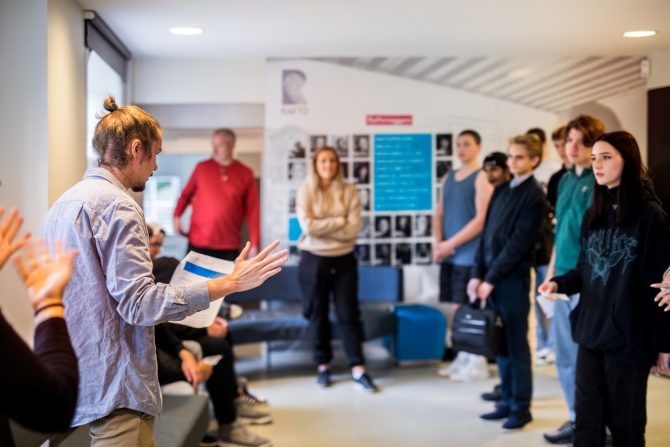
As always, we are extremely grateful to all our public and private supporters, to our employees and our volunteers and everyone we are privileged to work with in Norway and abroad.